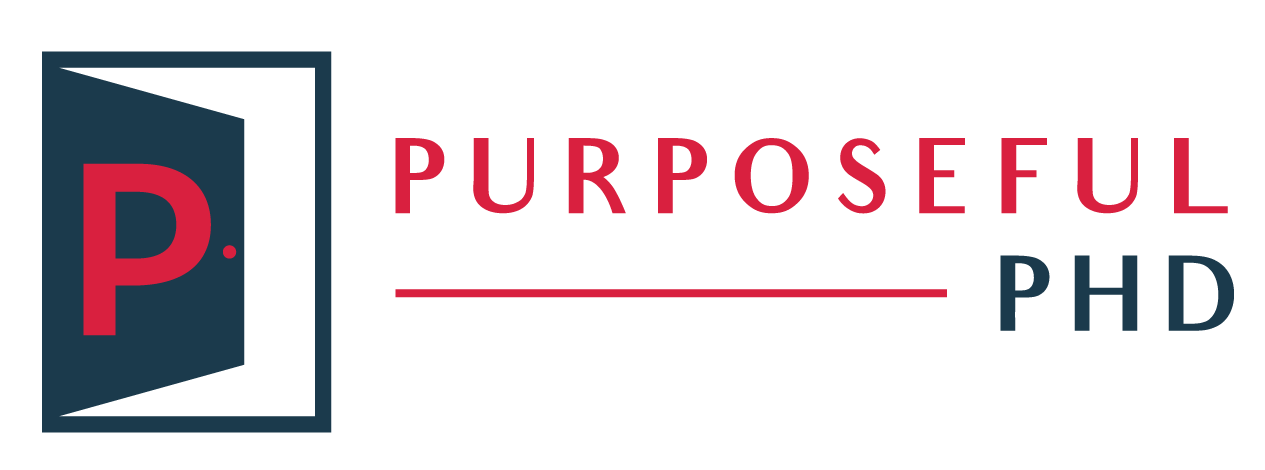
One day, and I don’t know where you’re at in your doctoral journey, but one day you will leave this chapter of your life behind and move on to your next career step. For many of you, you will be applying for positions (regardless of if they’re in academia, industry, private sector, government, non-profits) that will be competitive. You are competing not just against your peers in your immediate circle but against peers all across the nation, and even likely across the world as more students are willing to relocate globally for their career. So, with that in mind, what can you do to be competitive while you are plugging away at your dissertation work? I would argue that you should find some time to one up your self (forget about the competition), with taking on some leadership opportunities.
When reviewing resumes for positions it is usually very easy to get a first read of an applicant by not only looking at productivity in their research, but also by examining additional activities or experiences that speak to their non-discipline specific talents. I would love to have a highly productive expert on my team that will be able to get things done in the lab, but if they don’t know how to collaborate, or share and train others, or truly take on other things that could be beneficial towards management, I am likely to pass. Take another applicant with the same expertise and talent but in addition, they have demonstrated evidence of leading others, managing projects, collaborating with a team, …., I will put that applicant’s resume in my pile of “Yes, follow up”.
Leadership is a quality that some are born with and others work at. And regardless of your style as a leader, your ability to develop this skill while you are a doctoral student, will 1) give you the confidence that you need to lead yourself in finishing your dissertation work, 2) give you the experience, generally in a low-stakes environment, to get things wrong as you figure out how to be a leader, 3) give you an opportunity to build your resume so that it’s more attractive to future employers, and 4) give you genuine experiences that, who knows, may carry you later in your career as early as your next step, when you are called on to lead a new project, company initiative, or task force.
Now I’m not saying you have to take on something that will be a major distraction to your dissertation work. That would not be wise because you have to be successful with your dissertation studies so that you can get that degree, and that next position, OK. But let’s see, can you handle being the treasurer for a graduate student organization that is in alignment with your personal or professional interests? Can you take on a volunteer outreach initiative or one-time event at a K-12 school in your area? Can you lead a youth group at your church because you already are at church with the youth group and that’s a part of who you are as a person? Or can you take on an undergraduate mentee in the lab and lead them successfully on a project with your advisor so you have the experience to manage another person and another project?
Think about it. When you apply for your next job, it is likely that you’ll be asked about your strengths and weaknesses, and questions around leadership and management generally come up. Do you want to be that applicant that’s like, “Umm, I have not had any direct leadership experience but I would be an excellent leader in this role”? Would you now?!! Based on what evidence again?
The expectations of you as a card-carrying PhD, ED, JD, MD, or whatever that degree is, is that you can adapt easily in your next role and figure out how to be successful. And you will be equipped to do that. However, having the actual experiences of leading during your doctoral program will give you the skills and training, to come in as a new PhD scientist, for example, and be able to lead a small team in a product development group.
It could be difficult to appear competitive for a position, especially if there are other folks who have 10 years in the industry game that are also applying for your same position due to layoffs or careers transitions. And your having 0 experiences beyond your degree will make your resume seem deflated, and you may miss out on an opportunity because your resume does not stand out enough to get you to the interview pile. So, don’t let that be you boo. In the midst of all of the work that you are already doing in your graduate program, figure out a way that you can within your means, take a stab at leadership and grow. You won’t be disappointed and at the minimum, I’m sure taking a break on Wednesday evenings to be a part of a graduate student organization and interact with peers outside of your normal, will be a welcome retreat to keep you going on this challenging journey.
If you are not sure where to start or how best to integrate a leadership experience during your doctoral program, no worries. We’d be happy to help you strategize that during a free coaching session. Just follow the link to sign up. And if you’re already taking on leadership, kudos to you for being on top of things and giving back! Don’t forget to highlight those activities on your resume.
Until next time,
Renã Robinson, PhD
Photo by Retha Ferguson from Pexels

